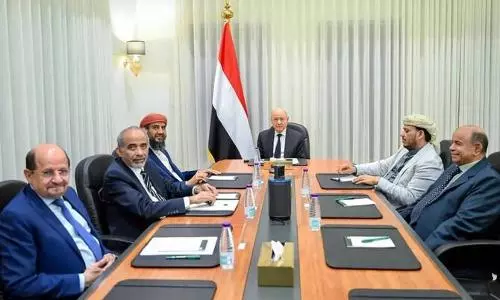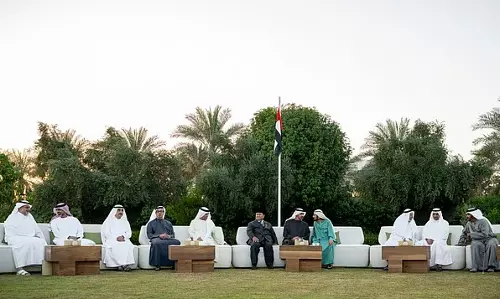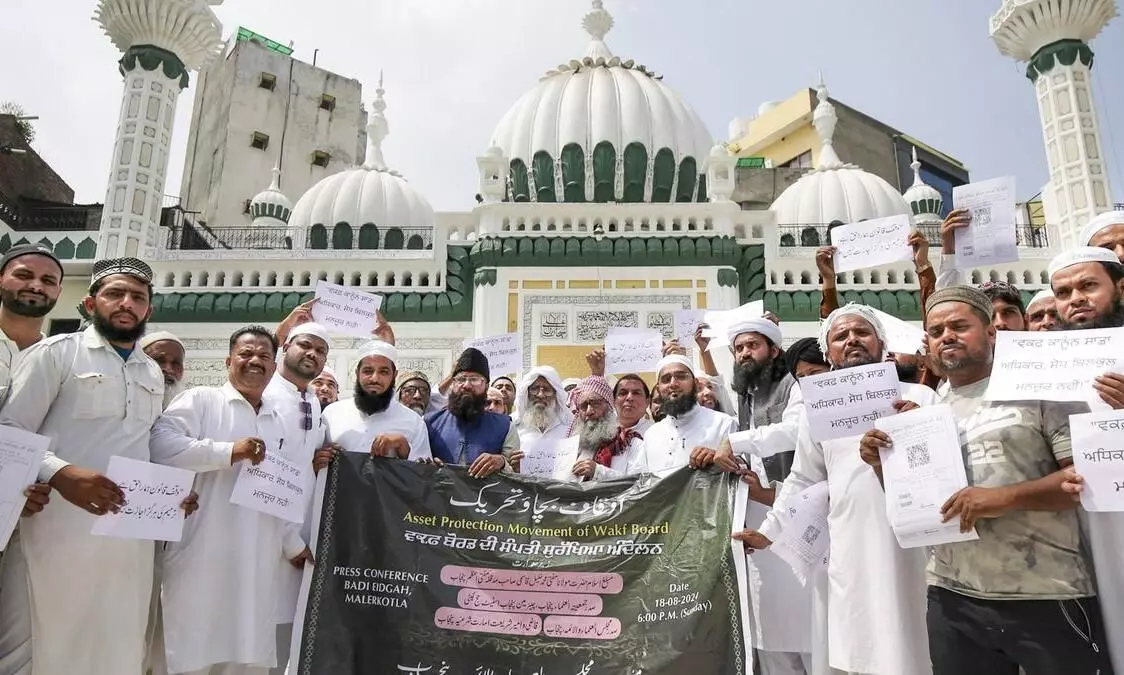
Kashmir Muslim groups oppose Waqf Act changes, cite threats to religious autonomy
text_fieldsThe Mutahida Majlis-e-Ulema (MMU), the primary representative body of Islamic organisations and religious institutions in Jammu and Kashmir, has issued a strong statement opposing proposed amendments to the Waqf Act currently before the Joint Parliamentary Committee (JPC). The MMU views these amendments as a significant threat to the religious autonomy and rights of the Muslim community in the region.
In a formal letter addressed to the JPC Chairman, the MMU expressed its deep concerns that the proposed changes could undermine the fundamental principles of the Waqf system. A key issue raised is the provision granting the government extensive powers to convert Waqf properties into government properties, thereby jeopardising the essence of the Waqf institution, which is intended to protect properties dedicated to religious and charitable purposes.
Another contentious aspect of the amendments pertains to the composition of Waqf boards and councils. The proposals suggest increasing non-Muslim representation significantly, with the Central Waqf Council comprising 13 non-Muslim members and State Waqf Boards including 7. This shift, along with the removal of the requirement for the Chief Executive Officer of the Waqf Board to be a Muslim, is perceived by the MMU as an attempt to interfere with the functioning of these religious bodies and reduce Muslim representation in decision-making processes.
Additionally, the removal of the provision allowing for “Waqf by the user” is a major concern, as it could lead to disputes over properties traditionally used for religious purposes, potentially resulting in litigation and illegal appropriation by the state.
The MMU has warned that if these amendments are not rejected, protests may erupt among the Muslim-majority population of Jammu and Kashmir, who feel threatened by these proposals. In the interest of constructive dialogue, the MMU has urged the JPC to reconsider the amendments and consult with the Muslim community to ensure that any reforms are aligned with their needs and concerns.

















